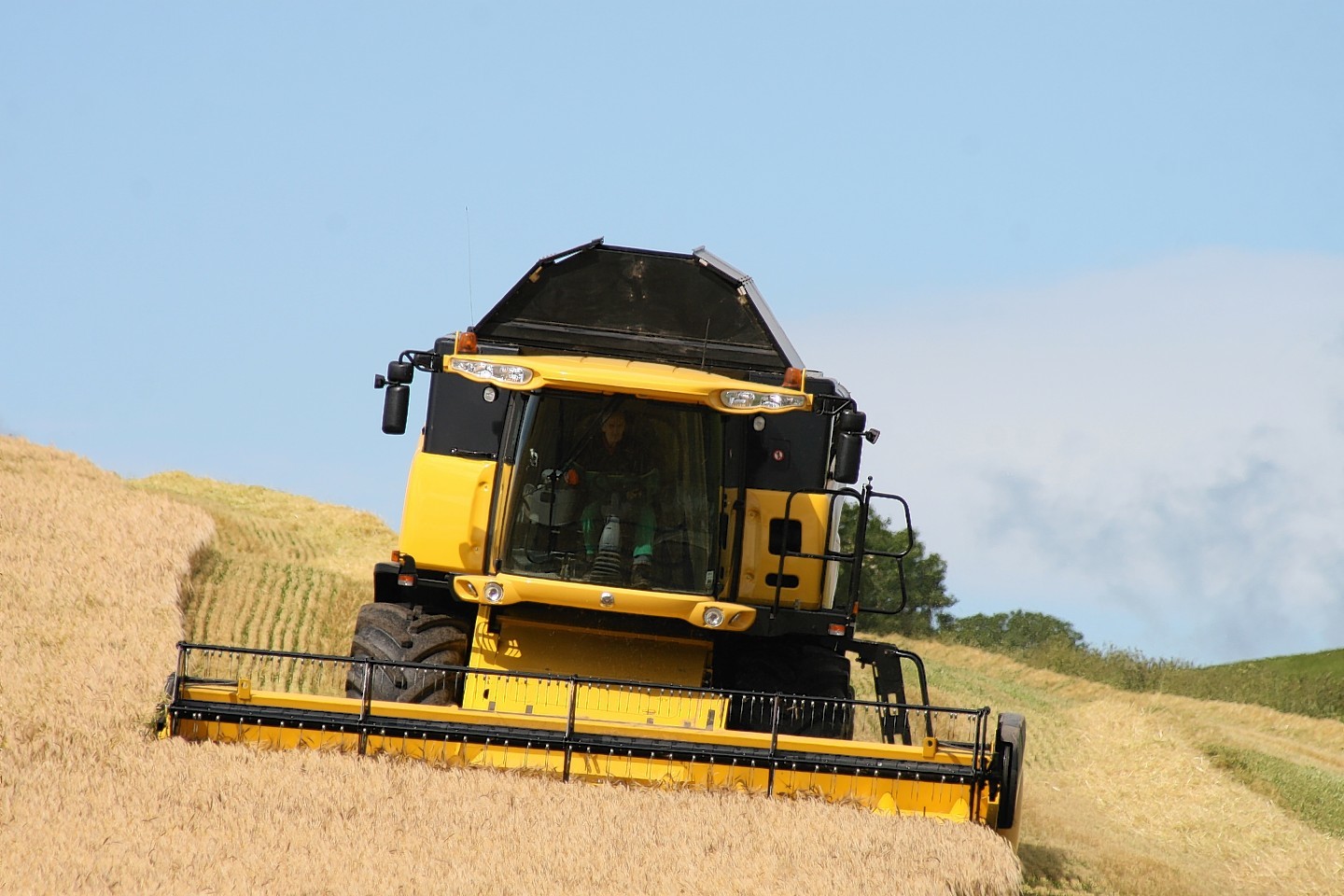The Scottish 2014 cereal harvest could be the largest in 20 years at 3.3million tonnes, according to first Scottish Government estimates.
Favourable growing conditions have resulted in a 15% increase in yields in the past year, with an estimated 500,000 tonnes more crop harvested, according to Scotland’s chief statistician.
The figures revealed that the total area of land sown had increased to 1.139million acres, although this week’s June 2014 Agricultural Census suggested the country’s cereal acreage was higher at 1.215million acres.
Wheat and winter barley production is expected to be up by about 45% – around 1million tonnes of wheat is expected, up from 600,000 tonnes last year, and 400,000 tonnes of winter barley is expected, from 280,000 tonnes last year.
Despite a fall in grown areas, spring barley production is expected to remain stable at around 1.7million tonnes.
Oats is expected to be the only major crop to see a decrease in production, down 7% to 170,000 tonnes. This follows an 80% increase in 2013 when growers in many parts of the country planted oats instead of wheat and oilseed rape.
The Scottish Government report said: “2014 has been a good year for cropping despite occasionally difficult conditions; harvesting began early and progressed quickly, with more consistency in yields across the country.
“There is some disparity between the north and south of the country, after remnants of Hurricane Bertha hit the north, which will impact on ground conditions for winter crops.”
It suggested overall yields were expected to average around 2.87 tonnes per acre.
Average spring barley yields are estimated at 2.59 tonnes per acre, wheat at 3.48 tonnes and oilseed rape at 1.66 tonnes.
NFU Scotland policy manager Peter Loggie said: “It is good news that for many growers they saw improved yields as that helps to compensate for prices that have fallen considerably since last year due to the impact of increased production in other grain producing countries.”
However, said Mr Loggie, many growers, including those in the north-east, had suffered the impact of bad weather.
“Some growers reported the most difficult harvest conditions ever. Only by a supreme effort did they manage to salvage their crops,” he added.
Farm minister Richard Lochhead said the government would hold a meeting later in the year for those involved in the malting barley chain to identify ways to improve the supply chain in the sector.
Final harvest estimates will be released by government in December.
